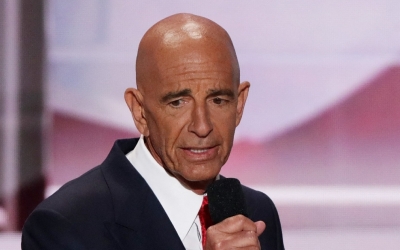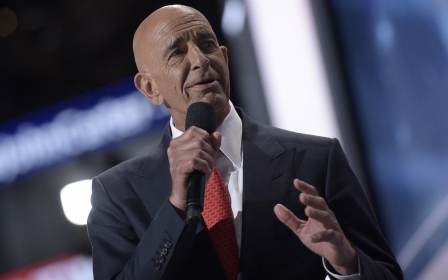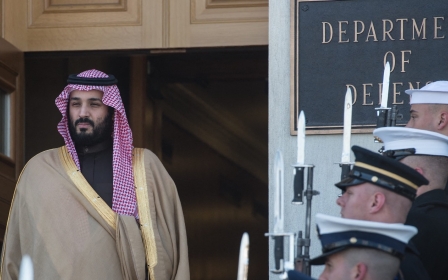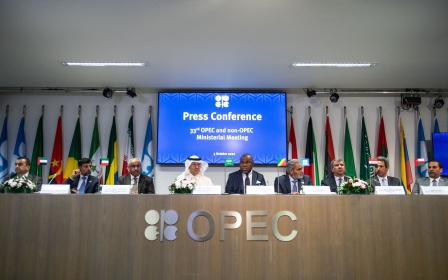Trump ally recommended using Khashoggi murder to end Qatar blockade
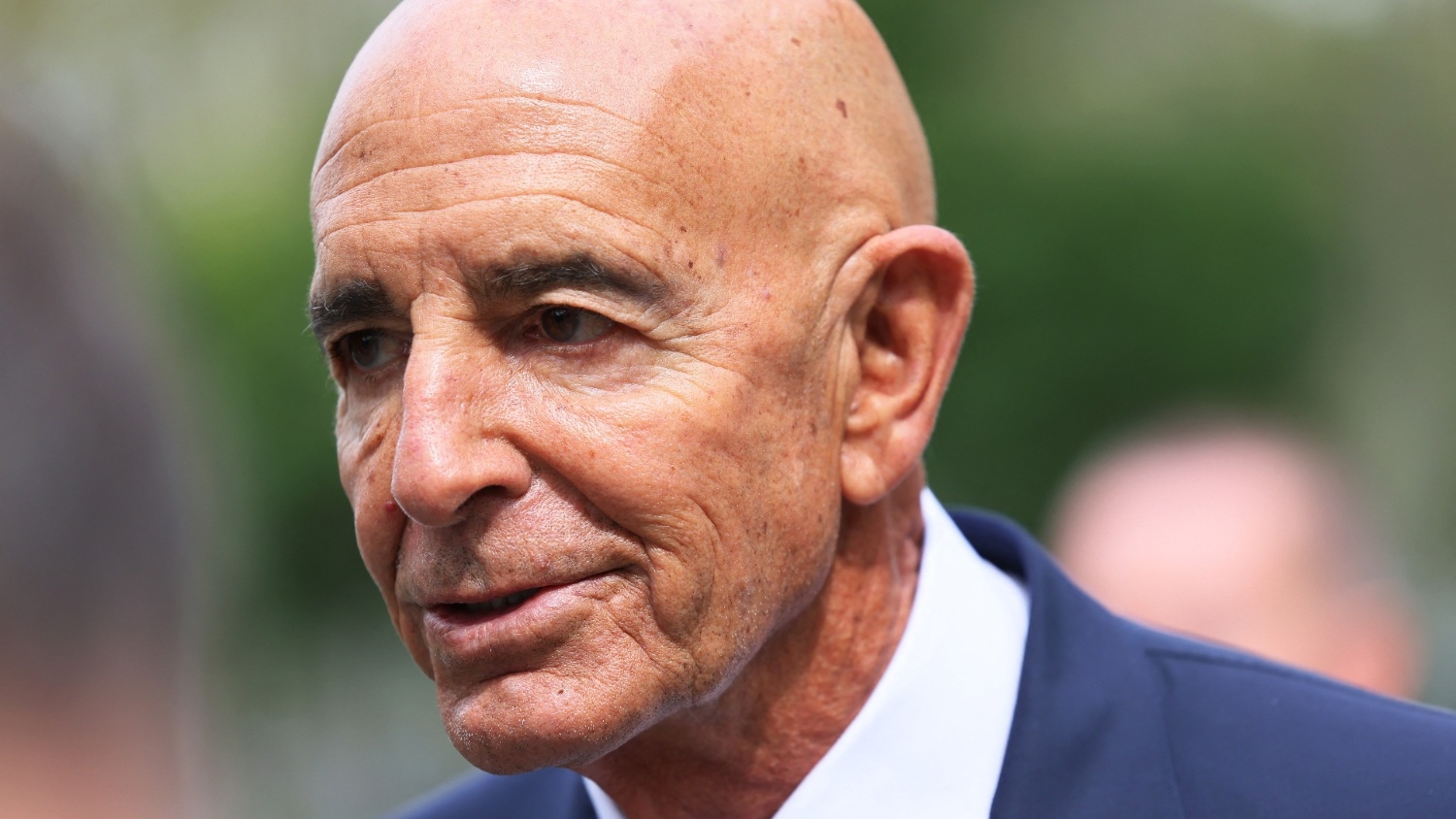
Tom Barrack, a billionaire Donald Trump ally and one-time fundraiser for the former president, testified on Thursday in federal court that he urged Trump to use the murder of Saudi columnist Jamal Khashoggi as a "lever" to get the kingdom to end its blockade of Qatar.
During his testimony in a Brooklyn federal court, coming on the fourth day of his defence in a trial in which he is accused of illegally lobbying for the United Arab Emirates, Barrack said that in an October 2018 phone call with Trump he urged the then-president to use global outrage over the killing "as a lever over this idiotic blockade".
During the testimony on Thursday, Barrack, 75, said he spoke to Qatar's ambassador in the US and its foreign minister in June 2017 - after Trump tweeted his support for the blockade on the Gulf nation.
He said he then persuaded Trump administration officials to speak with their Qatari counterparts, and eventually spoke directly with Trump to encourage him to host a summit at the Camp David presidential retreat to resolve the dispute involving US allies.
"I had told him again from the cheap seats ... he should send his teams and conclude this to force Abu Dhabi and Saudi Arabia to the table," Barrack said.
Khashoggi, a Saudi insider-turned-critic and columnist for the Washington Post and Middle East Eye, was killed by a team of Saudi agents on 2 October 2018 after he entered the Saudi consulate in Istanbul.
The Biden administration released an intelligence report last year saying the murder was approved by Crown Prince Mohammed bin Salman. The crown prince has denied ordering the killing.
In 2017, Saudi Arabia, the UAE and several other Arab countries imposed a blockade on Qatar. Prosecutors say that during the blockade, Barrack told Rashid al-Malik - an associate also accused of being an Emirati agent - that the US was considering hosting a summit to resolve the conflict. Barrack denied telling Malik about the plans for the summit.
Malik, who is at large, then told UAE officials about the possible meeting, according to US prosecutors.
Testimony could undermine charges
Barrack was arrested last year on charges that he and two associates were part of a secretive effort to shape Trump's foreign policy to the benefit of the UAE.
The original seven-count indictment alleges that four UAE officials "tasked" Barrack and his associates with moulding the foreign policy positions of the Trump campaign, and later, his administration, by developing "a back-channel line of communication" with the US government that promoted Emirati interests.
Prosecutors say Barrack, who chaired Trump's 2017 inaugural fund and was a frequent White House guest, used his influence to advance the UAE's foreign policy goals in the United States without registering as a lobbyist, in violation of the Foreign Agent Registration Act.
The latest charges claim Barrack sought investments from UAE sovereign wealth funds at the same time he was lobbying for the country.
Prosecutors said Barrack's investment management company received capital commitments from two UAE sovereign wealth funds totalling $374m in 2017, after it received no new funds from the country between 2009 and 2016.
The testimony from Barrack that he pushed for Qatar's interests could undermine the charges he is facing. While Barrack is not facing charges of acting as a Saudi agent, Riyadh is a close ally of Abu Dhabi and the two nations both took part in the boycott against Doha.
The billionaire has pleaded not guilty to all charges.
Middle East Eye propose une couverture et une analyse indépendantes et incomparables du Moyen-Orient, de l’Afrique du Nord et d’autres régions du monde. Pour en savoir plus sur la reprise de ce contenu et les frais qui s’appliquent, veuillez remplir ce formulaire [en anglais]. Pour en savoir plus sur MEE, cliquez ici [en anglais].


